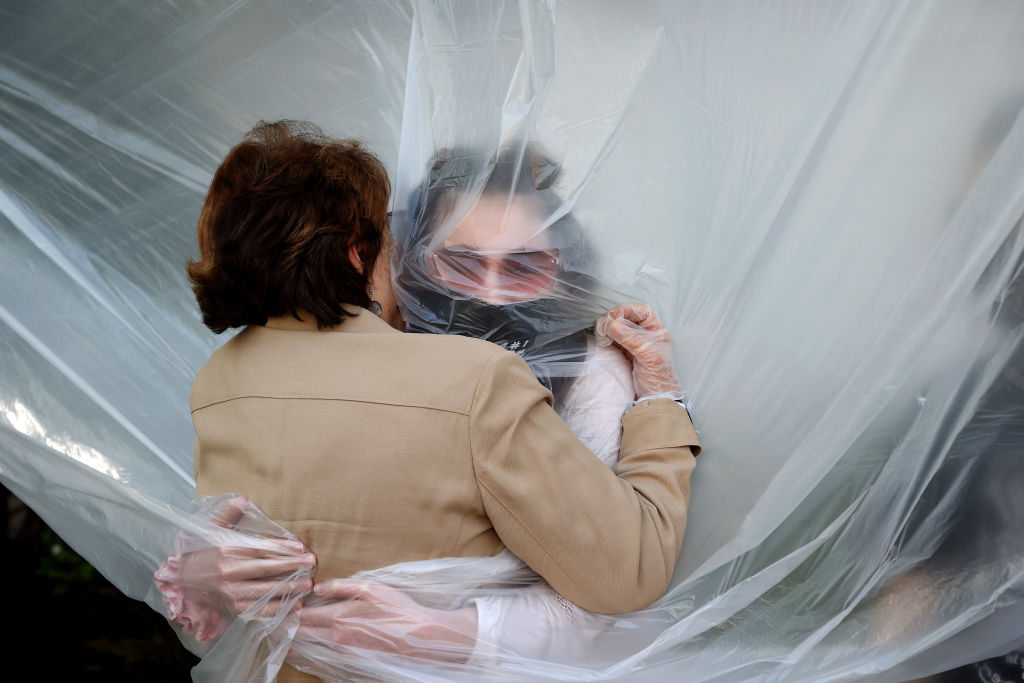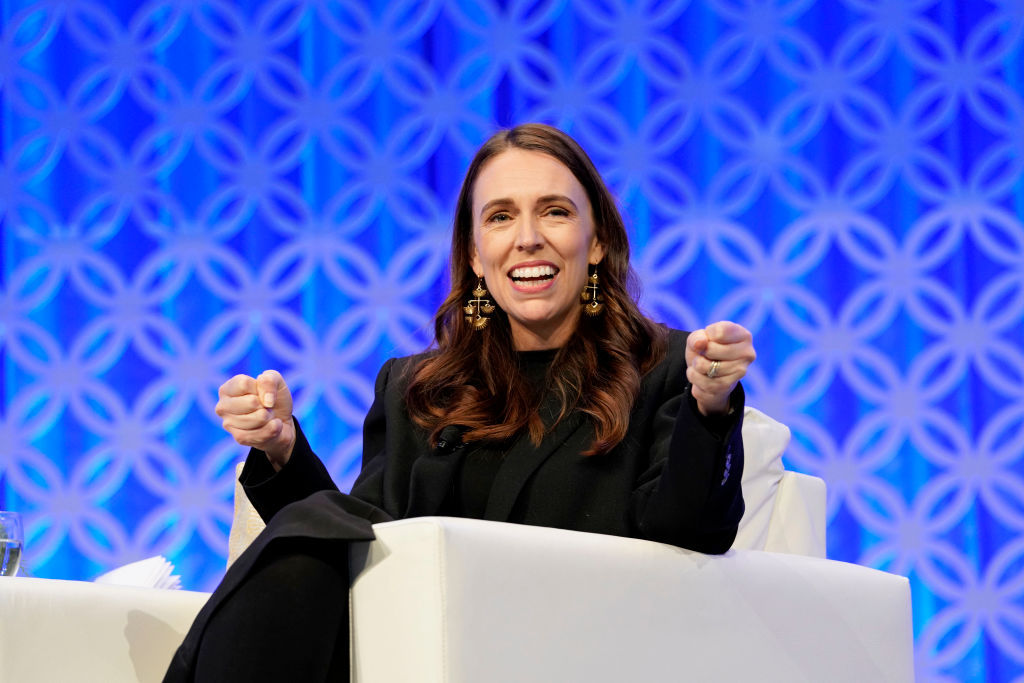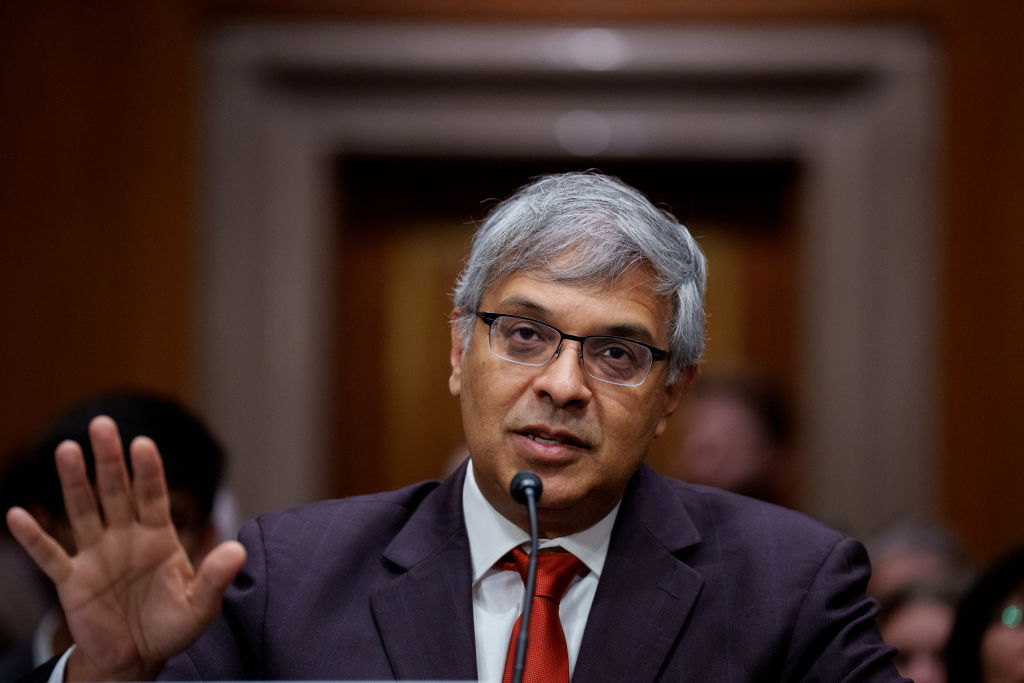‘Do no harm’ are three words all doctors must follow in the course of their work. These words make me convinced that COVID-19 lockdowns are the wrong approach, and a growing number of doctors are on my side.
Medical students throughout the West are taught the principles of beneficence and non-maleficence as pillars of medical ethics. In simple terms, they dictate that the likely benefits of our treatments ought to substantially outweigh their potential risks.
In my practice, I prescribe medications like atorvastatin to lower cholesterol, or warfarin to thin the blood, because international, randomized, double-blind control trials have proven that their benefits far outweigh their risks. If I were to prescribe thalidomide (which causes birth defects) for morning sickness, or phen-phen (which causes heart problems) for weight loss, that would be unethical malpractice; their risks outweigh their benefits. Generally, prescriptions for such medications are not allowed because regulatory bodies like the Food and Drug Administration in the US take them off the market once their disproportionate risks become clear.
If lockdowns were a prescription drug for COVID-19 treatment, the FDA would never have approved it. The seminal Imperial College London paper and other mathematical models like it were used to justify their use, but clinicians would never prescribe a drug or propose a surgery based on such modeling. The now well-publicized failure of these models to accurately predict COVID-19 outcomes proves the rule.
Luckily, we no longer have to talk about mathematical models. We now have seven months of real-world data to look at. Some pundits compare Sweden to Norway to argue for lockdown. Others compare Sweden to the UK, or Florida to New York to argue against. Either sort is vulnerable to accusations of cherry-picking the data. In medical science, we rely on epidemiologists to take all the available data from all the countries and perform statistical analyses to correct for as many different variables as possible.
This has now been done for lockdowns. In August, the Lancet published an analysis of data from 50 countries. The researchers found that full lockdowns were ‘not associated’ with decreased mortality from COVID-19. These are hard outcome data; reality cannot be waved away with theories or projections.
So much for the purported benefits. What about the risks? We cannot answer this question fully because a worldwide lockdown experiment has never been run before. However, evidence for the harms of lockdown is now piling up. In the US, homicides are up 50 percent compared to last summer. In France, domestic violence calls are up 30 percent. In Canada, almost three times more people are contemplating suicide compared to last year; and in British Columbia, overdose deaths have tripled from pre-pandemic levels. When you deprive children of their education, adults of their livelihood, and elderly people of their social connections, desperation and despair quickly set in. While a thoughtful person might have predicted this, the mathematical models did not.
All of these numbers fit with what I see in my clinical practice. I have personally admitted dozens of elderly people to hospital with illness resulting from social isolation and neglect. Some were literally starving to death. One patient, in her eighties, lived in a retirement community but relied on family members to feed her meals. When they were socially distanced (banned) from the premises, she couldn’t feed herself and her health quickly deteriorated. Another patient, a 92-year-old woman, simply gave up on life and started refusing her meals once her family stopped coming to visit. Both these scenes were catastrophically inhumane and will stick with me for a long time. Neither is captured in the government’s COVID-19 statistics.
So if a physician were to prescribe a lockdown to a savvy patient who asked about the risks, the physician would have to disclose that depression, suicide, homicide, overdose, wife-beating, and starvation are potential side effects. Rare is the patient who would agree to take such a pill, which brings me to the other pillar of medical ethics: autonomy. Physicians do not force treatment on competent, non-consenting patients. When we discuss treatments with patients, we strive to ground those discussions in the patient’s values and not our own.
***
Get a digital subscription to The Spectator.
Try a month free, then just $3.99 a month
***
I am a life-support specialist. At this point in my career, hundreds of elderly patients have instructed me not to put them on life support. Many have told me they are comfortable with their mortality and that if not much time is left to them, they would rather spend it eating ice cream or listening to music with their family, not hooked up to my machines. It is not for me or a government body to tell such a person what they ought to decide. These are questions of values, not medical science, and values are personal.
It would be deeply unethical for me to put such a patient on a ventilator against their wishes. It would likewise be deeply unethical for a government body to commit such a person to social isolation. I know that reasonable, educated people can decline to consent to further lockdowns because I, for myself, do not consent to further lockdowns.
As a medic, my verdict is clear: mandatory government lockdowns amount to a medical recommendation of no proven benefit, of extraordinary potential harm, that do not take personal values and individual consent into account. Physicians who call for their use should hearken back to these core planks of their ethical training.
This article was originally published on The Spectator’s UK website.

























